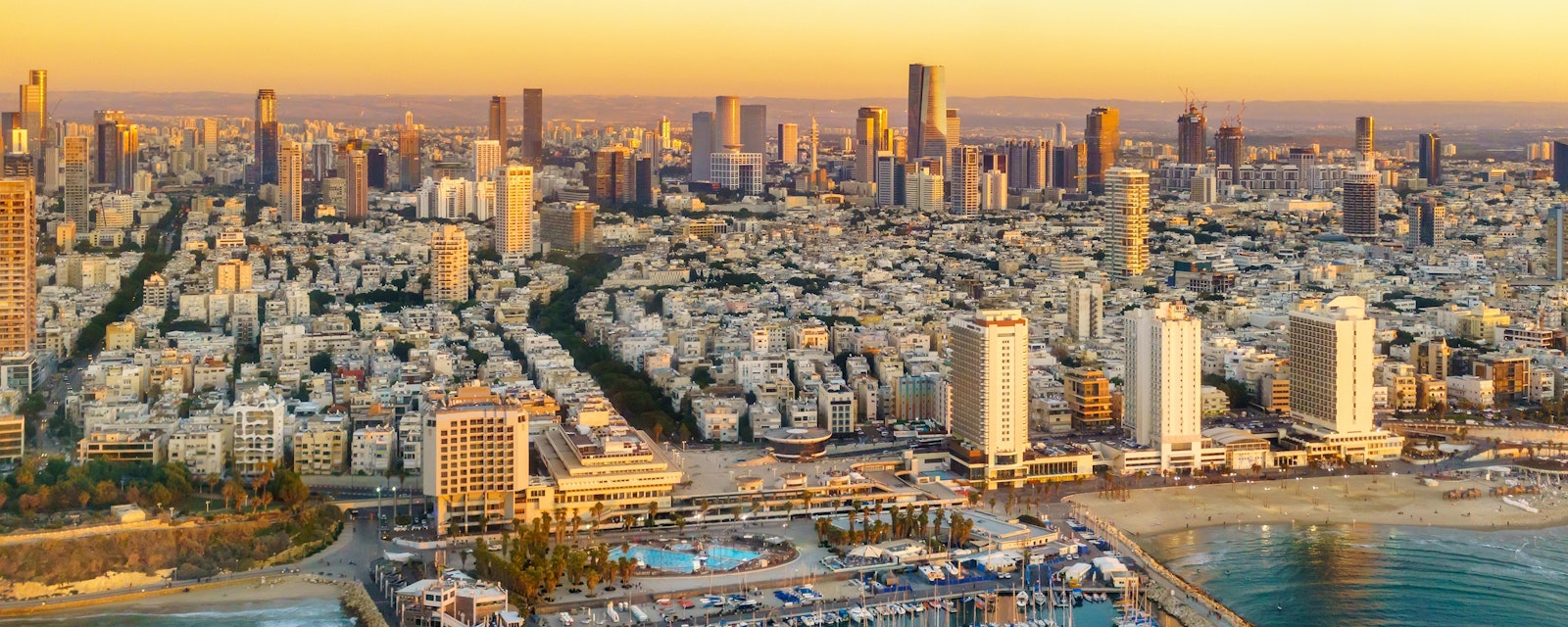The recent volley of retaliatory strikes between Israel and Iran appears to have reached a provisional resting point.
Following the barrage of 300+ drones and missiles that Iran fired directly into Israel on 13 April, Israel responded in the early hours of 19 April with limited strikes near Isfahan, Iran, where a nuclear site and a major air base are housed, and on an air defense unit in southern Syria. While information is scarce from inside Iran about the nature of any damage, the International Atomic Energy Agency (IAEA) has confirmed that no nuclear sites were damaged.
Prime Minister Netanyahu has been under intense pressure from elements of his coalition to respond in a major way; while limited in nature and deemed “weak” by far-right national security minister Itamar Ben Gvir, the response accomplishes a few things for Israel. It underscores the point that Israel will respond to any attempted Iranian attacks on Israel. In addition, the limited nature of today’s attempted strike inside Iran allowed Iran to downplay the incident, claiming its latest retaliatory threats were a credible deterrence and signaling no further retaliation at this time.
Over the past week, both the Biden administration, other US allies, and regional countries have urged Israel not to react to Iran, and the US and UK already responded to the attacks with coordinated sanctions on Iran’s unmanned aerial vehicle program and linked individuals and entities. The informal coalition of US, UK, and France – with the support of Jordanian and Saudi air space – that came to Israel’s aid last week was vital and Israel cannot risk jeopardizing this aid in the future. The US appears satisfied the Israeli strike did not cross a line, and the response was sufficiently limited to close the chapter for the time being with Iran and retain these allies.
For now, both Israel and Iran have suggested that direct confrontations will be paused, but both sides also have demonstrated to one another, and to the world, how easy it would be to escalate. Of course, this neither precludes continued strikes on Israel by Iranian-backed groups in the region nor Israeli activity against Iranian and Iranian-backed interests outside Iran, which can drive subsequent escalatory spirals. With Israel widely expected to proceed imminently with its military operation in Rafah in Gaza, ongoing activity by these proxy groups can be expected, with the usual risks linked to miscalculation, shipping lane disruptions, and smaller-scale, cross-border attacks on Israel.




